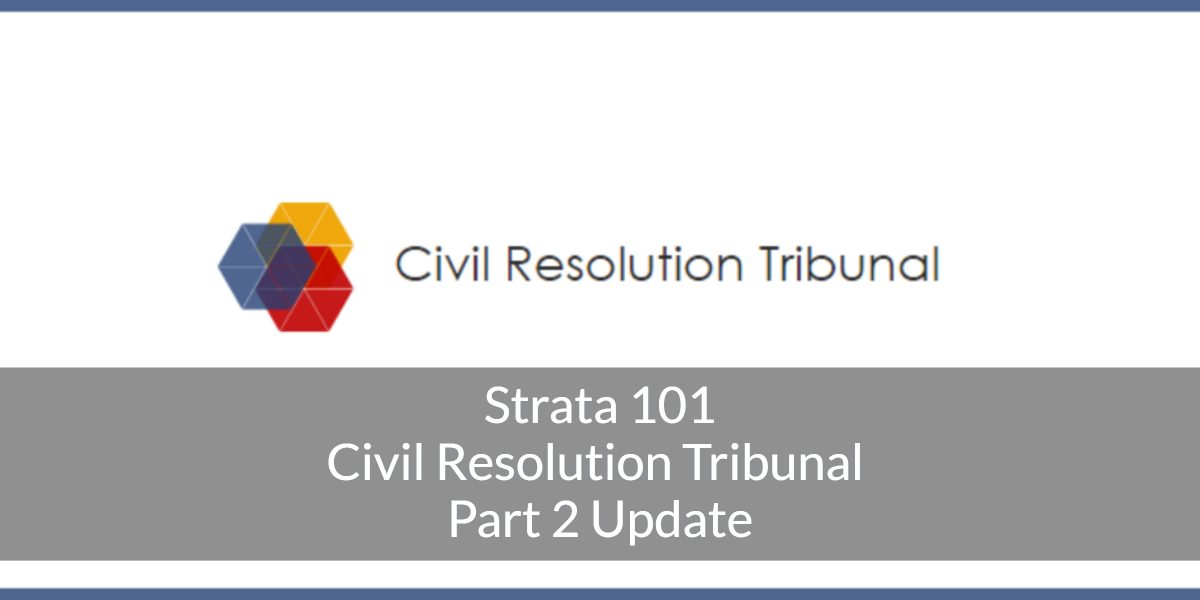It is now anticipated that the Civil Resolution Tribunal will be up and running by the Spring of 2015.
When it is in operation, we expect it to create a sea change in the way strata councils and their property managers choose to approach and deal with potential legal disputes with owners.
No longer will those “in power” be able to safely choose to ignore the requirements of the Strata Property Act or their own strata bylaws, or to unfairly impose their own loose interpretations of those requirements to the detriment of a particular owner; not without having to deal with the consequences, that is.
In recent years, I have seen more than a few strata councils take certain actions against owners without having a proper legal basis for such actions.
This approach seems to arise from a rather cynical (but undoubtedly justified) belief that most owners will not spend a lot of money to go to the BC Supreme Court to obtain justice in the face of unfair actions against them by their strata council. Most issues arising under the Act cannot be taken to Small Claims Court for resolution so there is a substantial cost involved for an owner who has no option but to go to Supreme Court if they disagree with what the strata council has decided against them.
Even though the Tribunal is not yet operational, strata councils would be well advised (if they are not already doing so) not only to question the “legal advice” that many property managers seem only too willing to provide, but also to actually seek proper legal advice when faced with an issue that requires an interpretation of any bylaw they are relying on to take action against an owner.
The new Tribunal’s dispute resolution process is designed to be simple and inexpensive but I suspect that if no on-line resolution is reached (the first step is the simplest and quickest), then the parties will, at some point in the ensuing process, have to seek some legal advice to assist them.
At the adjudication level, the parties may find it too complicated to manage on their own.
Certainly, for the strata council, it will have to consider who is going to represent the strata corporation at this stage. It should not be the property manager who probably gave the bad advice that landed the strata in hot water in the first place. It is unlikely to be a member of strata council who are all volunteers and usually have their own jobs that keep them busy. That leaves it to the strata lawyer to step in, creating a cost for the strata corporation that the strata council, as part of the duty to act in the best interests of the owners, will have to justify to the owners.
If you are a conscientious member of a strata council, I urge you to encourage your council to consider obtaining legal advice from an experienced strata lawyer before you decide to take action against an owner. I am confident you will find that it will be money and time well spent.
We will provide further updates in this blog about the progress of the Tribunal as and when we have them. If you have questions about the new Tribunal, you should probably wait until it actually starts up and we have a better idea of how it is going to work in practice.
If you have questions about your rights and obligations as a strata council member, or as an owner, we will do our best to answer them.
RESOURCES
Ministry of Justice: Civil Resolution Tribunal Act
Bill 44: Civil Resolution Tribunal Act



